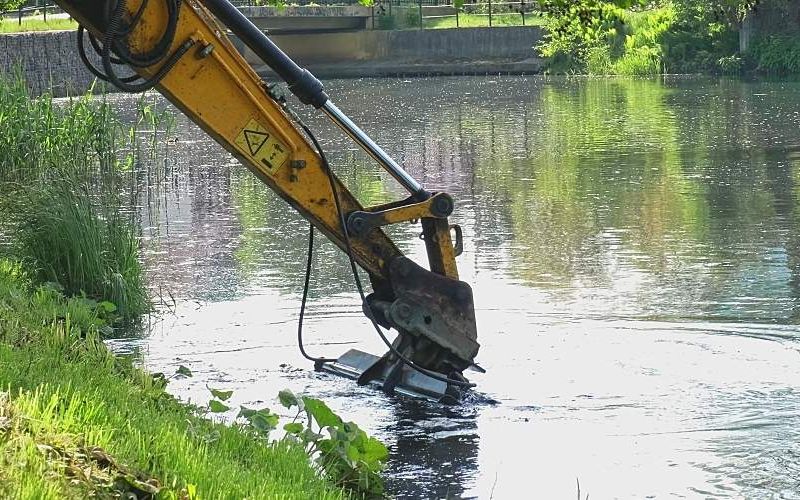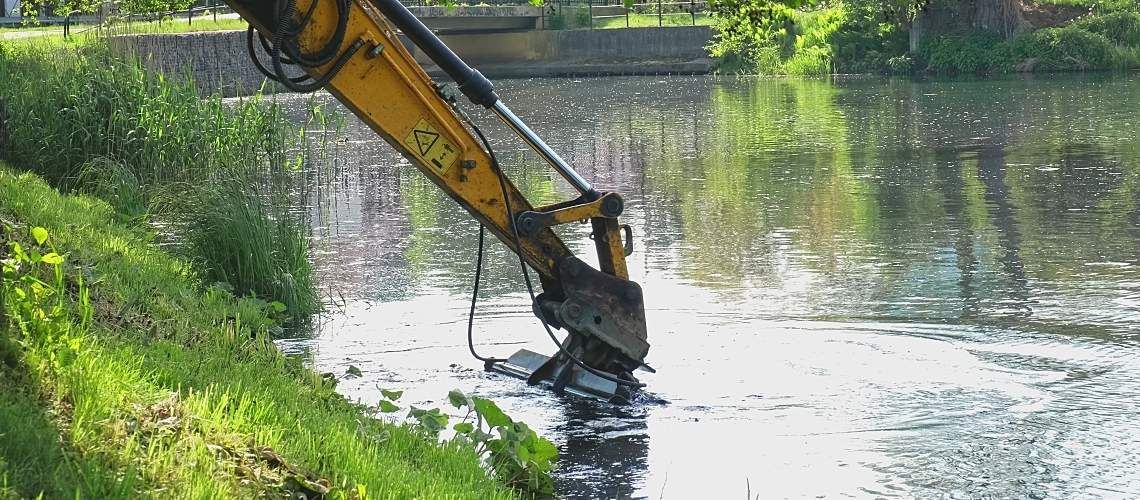New Clean Water Act Rule Reaffirms Authority of States, Territories, and Tribes


On September 14, 2023, U.S. Environmental Protection Agency (EPA) Administrator Michael S. Regan announced a new final Clean Water Act (CWA) Section 401 rule with a statement: "We are affirming the authority of states, territories, and Tribes to protect precious water resources while advancing federally permitted projects in a transparent, timely, and predictable way."
The goal of the rule is to support efficient, straightforward, and specific water quality reviews of infrastructure and development projects that are essential to economic growth.
Here's a deeper dive into CWA Section 401, the final Water Quality Certification Improvement Rule, and what the latest rule means to organizations applying for federal licenses and permits and to states, territories, and authorized Tribes reviewing projects.

CWA Section 401 Protections
CWA Section 401 recognizes that constructing or operating federally permitted projects could harm the quality of water controlled by states, territories, and authorized Tribes. The types of federal licenses and permits that may require Section 401 water quality certifications include:
- CWA Section 404 dredge and fill permits
- Federal Energy Regulatory Commission hydroelectric licenses
- CWA Section 402 pollutant discharge permits
To protect water resources, Section 401 requires an initial step before a federal agency issues a license or permit for any activity that may result in discharge into a U.S. water. This step requires the applicant to certify that any discharges will comply with applicable water quality standards. Otherwise, the permit or license may not be granted.
In addition, the appropriate state, territory, or authorized Tribe can impose conditions as a prerequisite to granting the permit or license. However, if they fail or refuse to act on a request for certification in a timely manner, the certification requirements are waived.
Applicant Concerns
Not surprisingly, some applicants have been frustrated with how states, territories, or Tribes use their Section 401 certification authority. Concerns included timeframes for issuing certifications, the scope of reviews, and the conditions imposed when granting certification. To limit Section 401 authority, some stakeholders advocated for changes to the CWA or the implementation of regulations and guidance. Other parties took the view that states were too lenient and allowed projects that could potentially degrade water quality.
In response to an April 2019 executive order, the EPA issued updated Section 401 guidance in June 2019. In July 2020, the EPA published a final rule that revised the Section 401 regulations. This 2020 final rule replaced the implementing regulations for Section 401 that had been in effect since 1971.
The changes addressed two key issues—certification timeframes and scope—and narrowed the authority of states, territories, and authorized Tribes. In addition, the 2020 final rule included changes to the federal review of certifications and how they're enforced.
In response, five separate groups of states, Tribes, and environmental organizations filed lawsuits challenging the 2020 final rule.
Revamping the CWA Section 401 2020 Final Rule
A January 2021 executive order directed agencies to review the 2020 Final Rule. The EPA had expressed concerns that the revisions eroded state and tribal authority under the CWA. On June 2, 2021, the EPA published a Notice of Intention to Reconsider and Revise the CWA Section 401 certification rule.
The EPA's 2023 final rule realigns the scope of Section 401 certification with established practice and restores and strengthens the role of states, territories, and authorized Tribes. The rule establishes a 6-month default timeframe, applicable when the federal agency and certifying authority fail to reach an agreement. The rule also sets a 1-year maximum timeframe for certification review.
The rule emphasizes that states, territories, and Tribes may consider the adverse water quality impacts only from the proposed activity. To limit delays, the rule provides a clear approach to defining the contents required in a request for certification. The 2023 final rule goes into effect on November 27, 2023.
Still, some members of Congress have expressed interest in codifying the 2020 final rule, according to the Congressional Research Service. Others suggest amendments to the scope of water quality impacts that certifying authorities may consider in their review, as well as to the conditions they may impose. What's clear for now is that the 2023 final rule may not be the final word on CWA Section 401.






